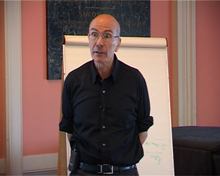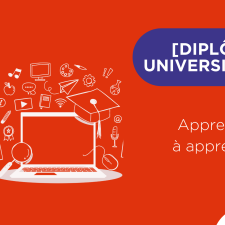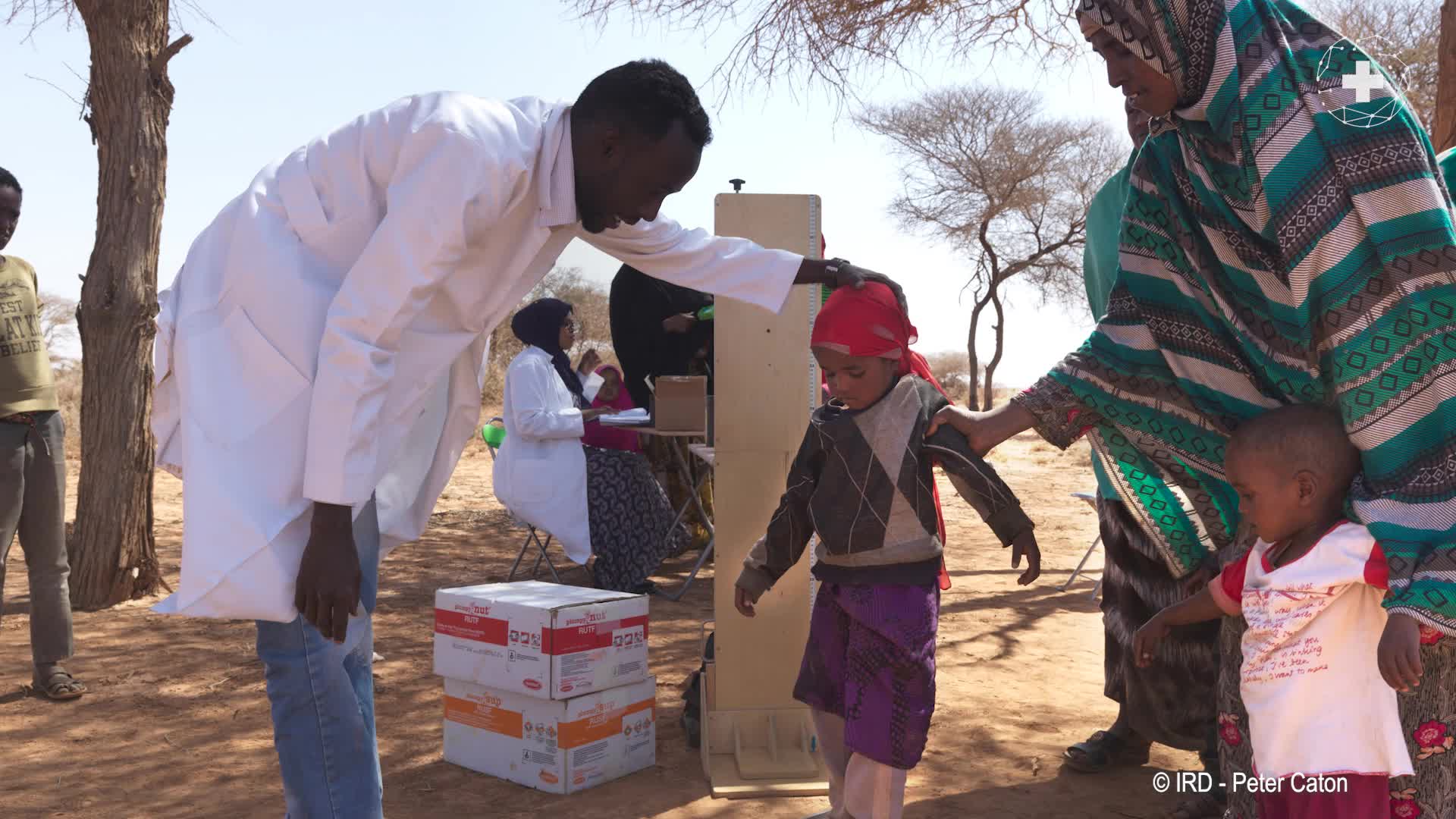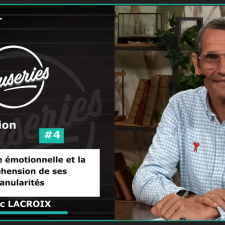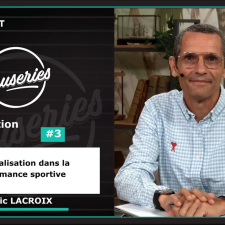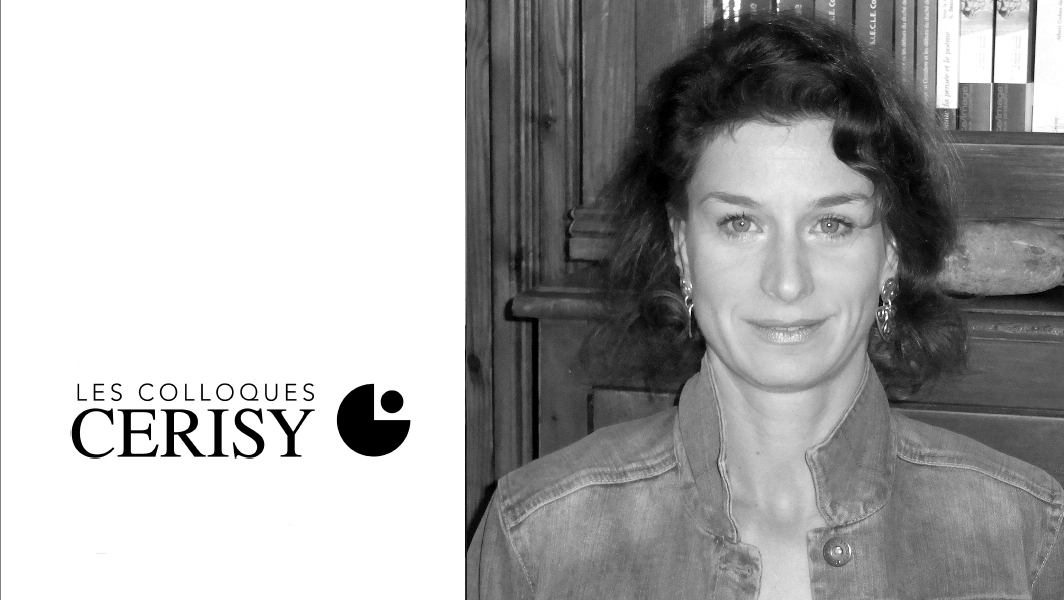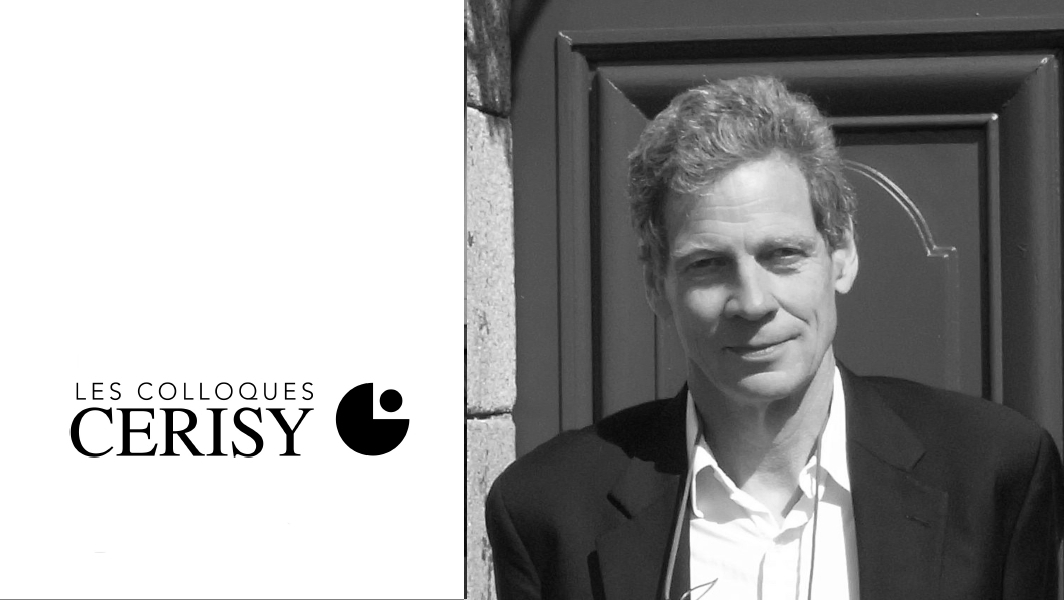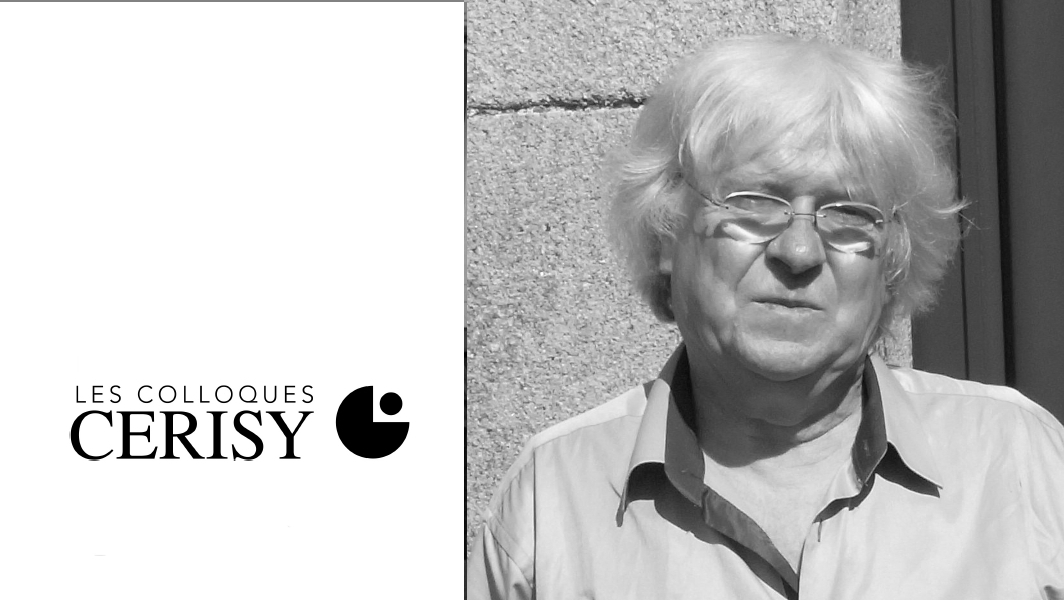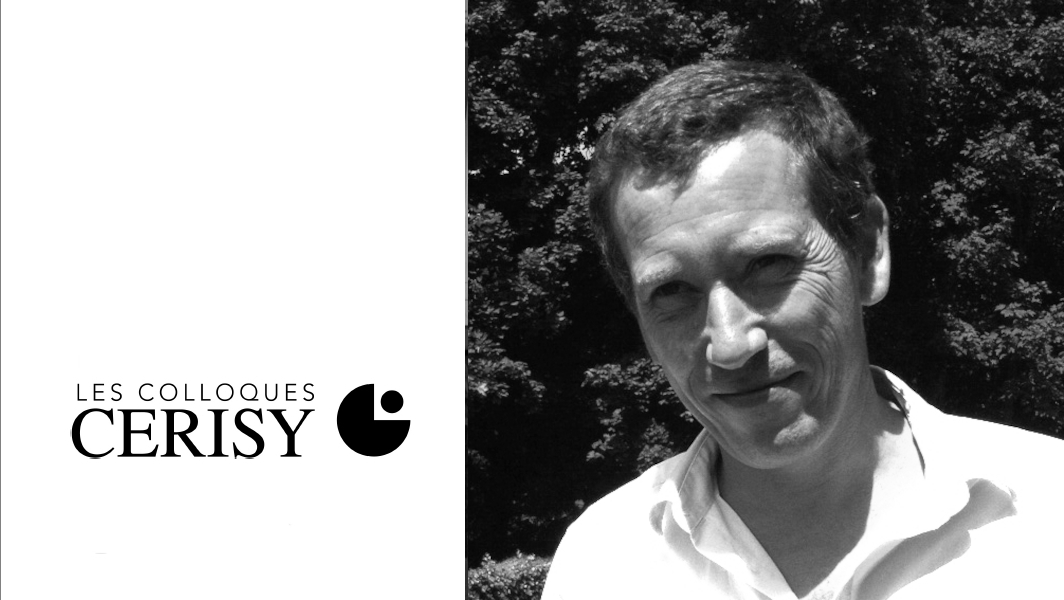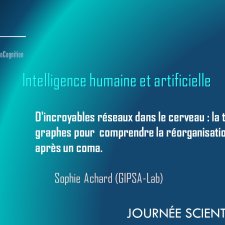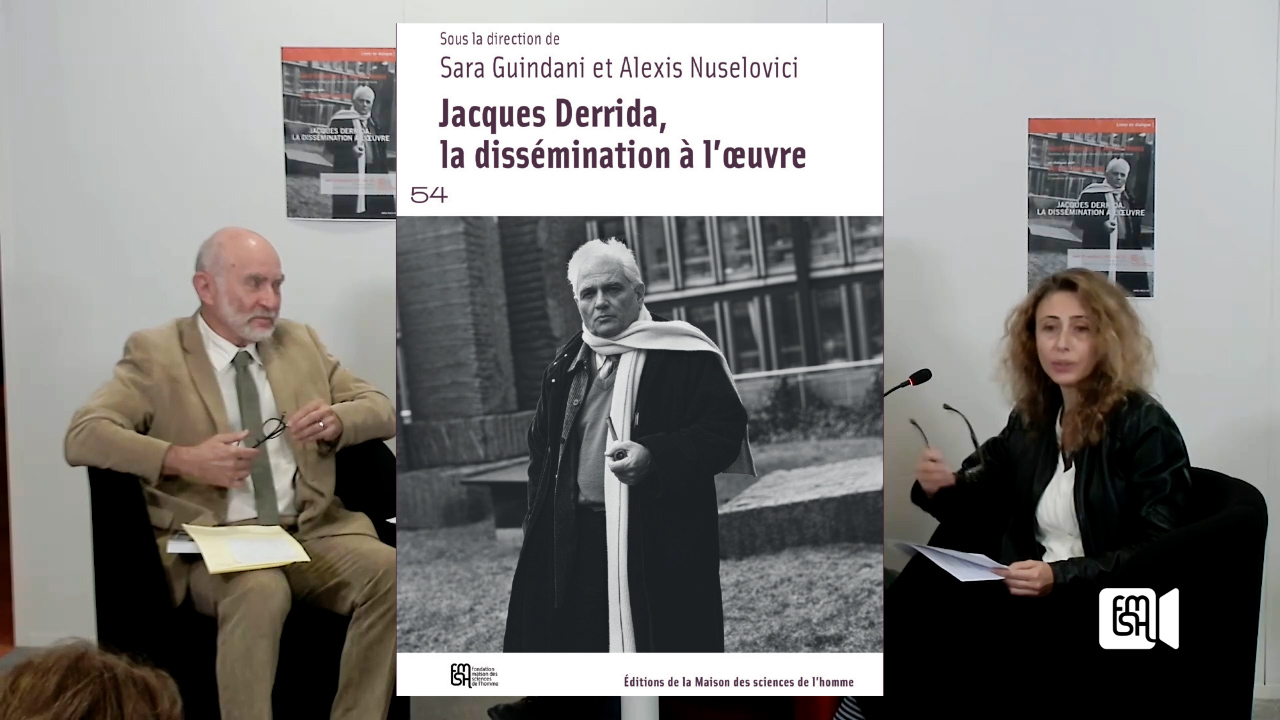Notice
The Definition of Morality
- document 1 document 2 document 3
- niveau 1 niveau 2 niveau 3
Descriptif
Debates about the definition of ‘moral judgment’ and ‘moral rule’ have a venerable history in philosophy. In addition to debating the merits of various proposed definitions, philosophers have also disagreed about what the definition is supposed to do: What counts as getting the definition right? One proposal is that moral rules or moral judgments are a psychological natural kind, and that the correct definition should specify the essential features of this kind. Recently, a number of philosophers and psychologists have suggested that research using the moral / conventional task, first introduced by Elliot Turiel, has uncovered some of the essential properties of this natural kind. If the empirical generalizations drawn from this work were correct, it would be reasonable to conclude that we have indeed discovered the essence of morality. However, a growing body of evidence indicates that those generalizations are not correct, and thus that the moral / conventional task tells us nothing of interest about the definition of morality. Another proposal is that the correct definition of morality should capture the concept underlying people’s ordinary use of terms like ‘moral rule’. However, there is reason to suspect that there may be no coherent concept in this area.
Intervention / Responsable scientifique
Dans la même collection
-
Egoism vs. Altruism: Deconstructing the Debate
StichStephen P.Psychological egoism maintains that all human motivation is ultimately selfish. Though people often desire to help others, egoists maintain that these desires are always instrumental, caused or
-
Debunking Morality A Hodgepodge of Multipurpose Kludges
StichStephen P.A venerable view, still very much alive in contemporary debates, urges that our spontaneous moral judgments reflect a deep wisdom, except when the processes underlying those judgments are interfered
-
The Persistence of Moral Disagreement
StichStephen P.Moral disagreement is widespread. But would that disagreement persist even under hypothetical idealized conditions in which all parties to a moral debate are rational, impartial and fully informed
Avec les mêmes intervenants et intervenantes
-
Egoism vs. Altruism: Deconstructing the Debate
StichStephen P.Psychological egoism maintains that all human motivation is ultimately selfish. Though people often desire to help others, egoists maintain that these desires are always instrumental, caused or
-
Debunking Morality A Hodgepodge of Multipurpose Kludges
StichStephen P.A venerable view, still very much alive in contemporary debates, urges that our spontaneous moral judgments reflect a deep wisdom, except when the processes underlying those judgments are interfered
-
The Persistence of Moral Disagreement
StichStephen P.Moral disagreement is widespread. But would that disagreement persist even under hypothetical idealized conditions in which all parties to a moral debate are rational, impartial and fully informed
Sur le même thème
-
Diplôme Universitaire - Apprendre à apprendre
Présentation de la formation
-
Portrait de Ryoa Chung, lauréate 2023 des prix de recherche de la Fondation Croix-Rouge française
ChungRyoaRyoa Chung est co-Directrice du Centre de Recherche en Éthique et professeure titulaire au département de philosophie, Université de Montréal.
-
L'exploration mentale #4 – Intelligence émotionnelle et la compréhension de ses granularités
LacroixÉricPorlierChristopheL'exploration mentale #4 – Intelligence émotionnelle et compréhension de ses granularités
-
L'exploration mentale #3 – La visualisation dans la performance sportive
LacroixÉricPorlierChristopheL'exploration mentale #3 – La visualisation dans la performance sportive
-
The coldness of the stone and the lightness of the bird: a memorial garden for the victims of Novem…
AccarainMadeleineTalk by Madeleine ACCARAIN (Wagon Landscaping, Paris), as part of the workshop "Memory, Place, and Material Culture", organized by John SUTTON, 2022-2023 research fellow at the Paris IAS, Emeritus
-
mark edmonds, building and belonging: architecture and memory in neolithic orkney
EdmondsMark R.SuttonJohnTalk by Mark EDMONDS, (Archeologie, York), in the context of the workshop "Memory, Place, and Material Culture", organized by John SUTTON, 2022-2023 research fellow at the Paris IAS, Emeritus
-
Quand avons-nous besoin de la moralité ?
Une réflexion sérieuse sur l’empathie ne peut négliger les nombreuses recherches qui montrent que les expressions émotionnelles des membres d’un "hors-groupe" ne suscitent pas la même résonance
-
Contexte intellectuel et vérité philosophique de la "Profession de foi du Vicaire savoyard"
Je me propose de reconstruire l'argument général de la Profession de foi en expliquant comment réconcilier deux des moments décisifs de sa défense de la conscience qui pourraient paraître
-
La leçon de morale politique de "L'Emile"
Le projet d'éducation présenté dans l'Émile a pour objet de montrer comment il est possible de former un homme non corrompu mais apte à vivre dans une société qui l'est. Les dernières pages de l
-
Les forces imaginantes de la morale et Gaston Bachelard
"L'imagination... donne une promotion à l'être. L'imagination la plus efficiente, l'imagination morale, ne se sépare pas de la novation des images fondamentales" écrivait Bachelard. Cette idée met en
-
La théorie des graphes pour comprendre la réorganisation cérébrale après un coma.
AchardSophieLa théorie des graphes pour comprendre la réorganisation cérébrale après un coma.
-
SOIRÉE DE PRÉSENTATION DE L'OUVRAGE "JACQUES DERRIDA, LA DISSÉMINATION A L’ŒUVRE"
BourmeauSylvainGuindaniSaraNuseloviciAlexisÀ l'occasion de la parution de l'ouvrage Jacques Derrida, la dissémination à l'œuvre dans la collection "54", les Éditions de la Maison des sciences de l'homme organisent une soirée de


